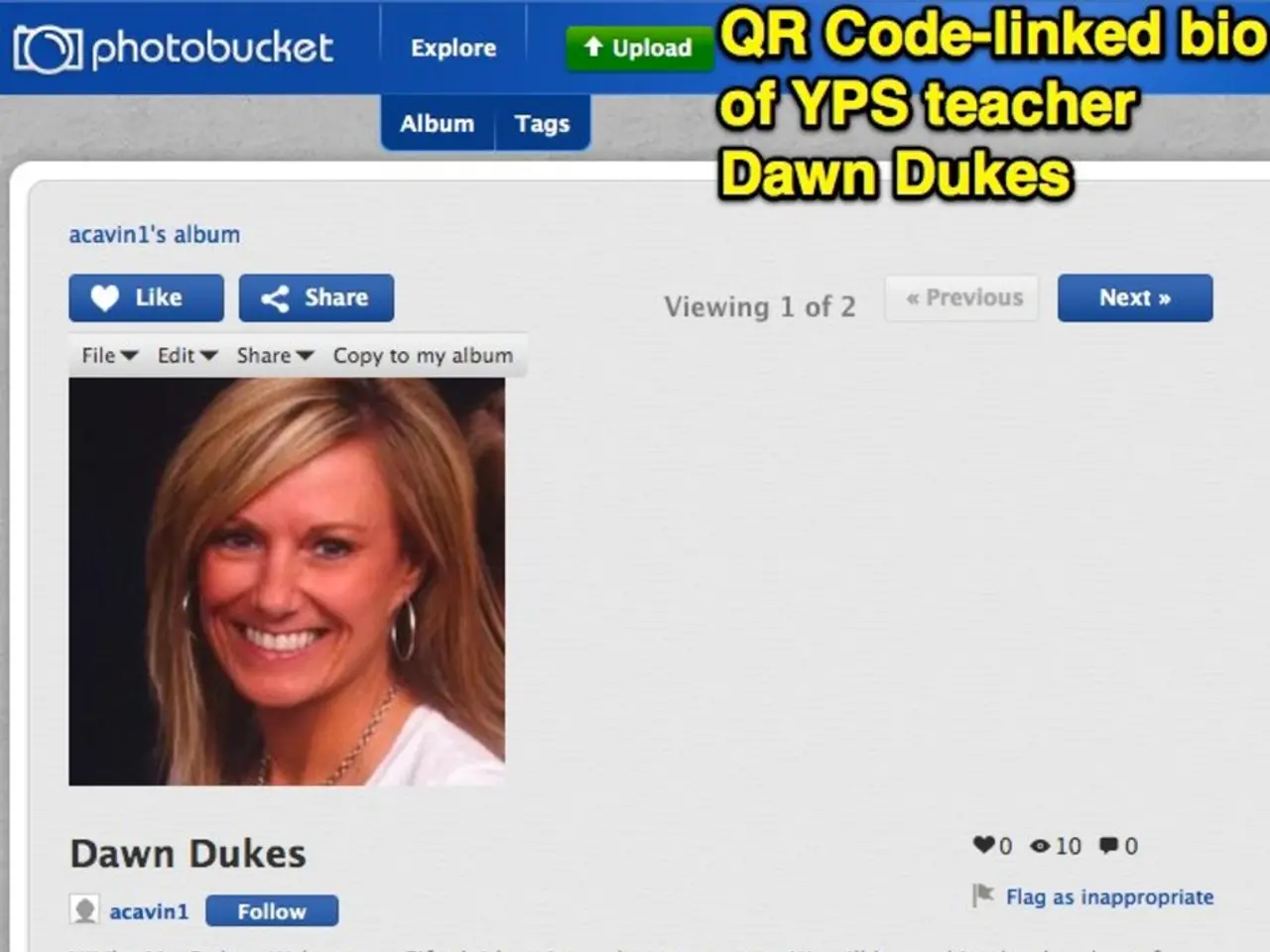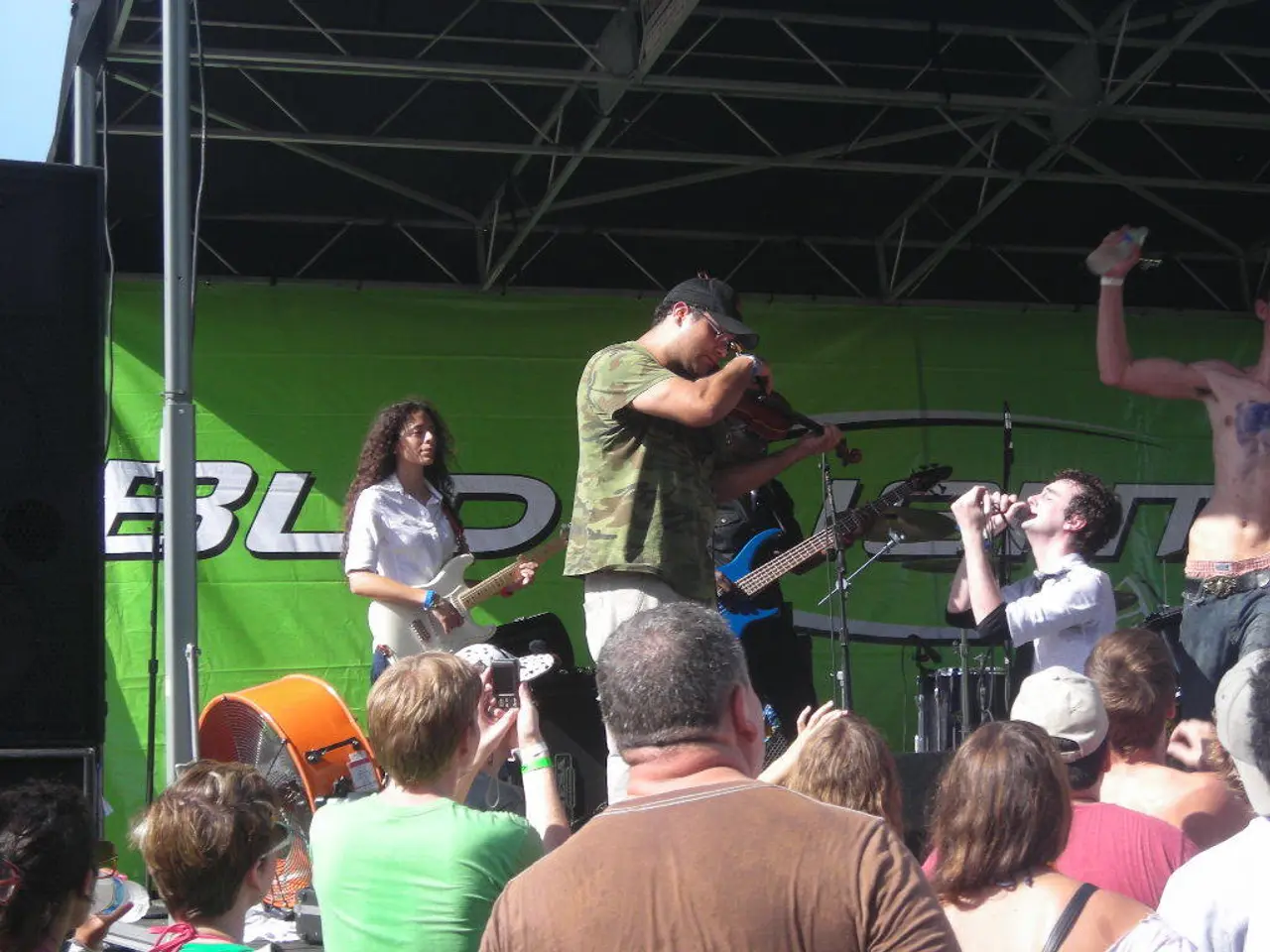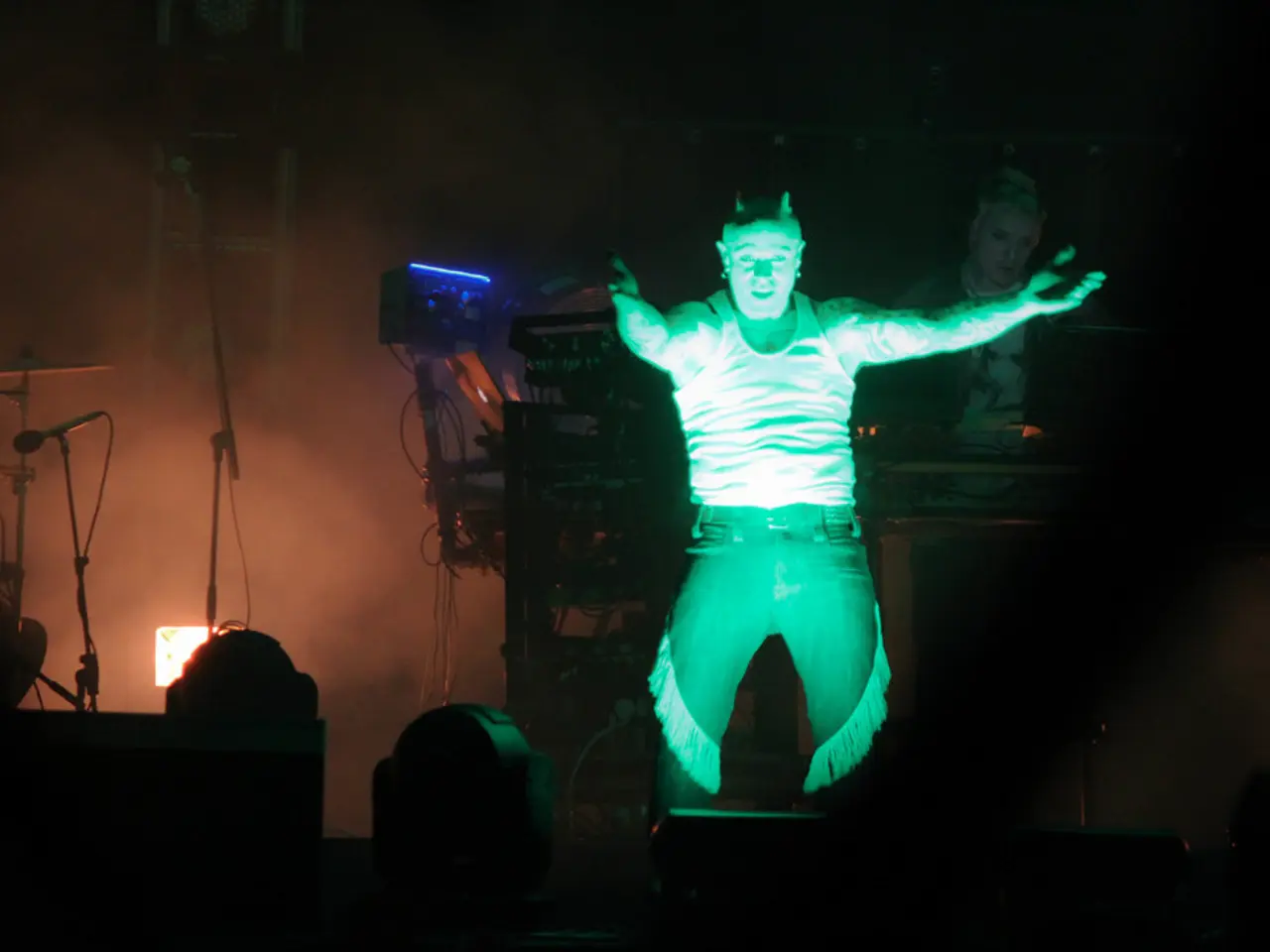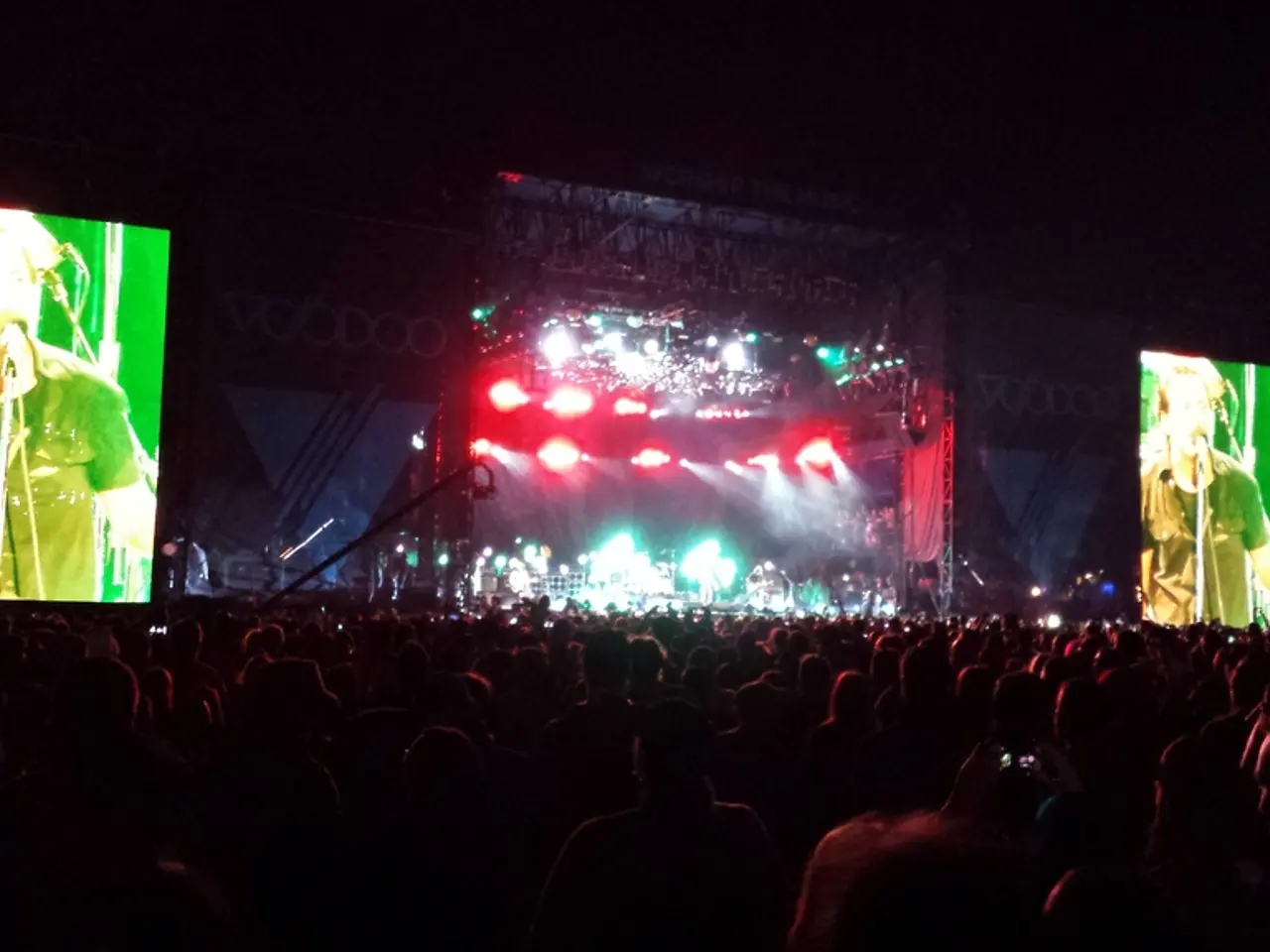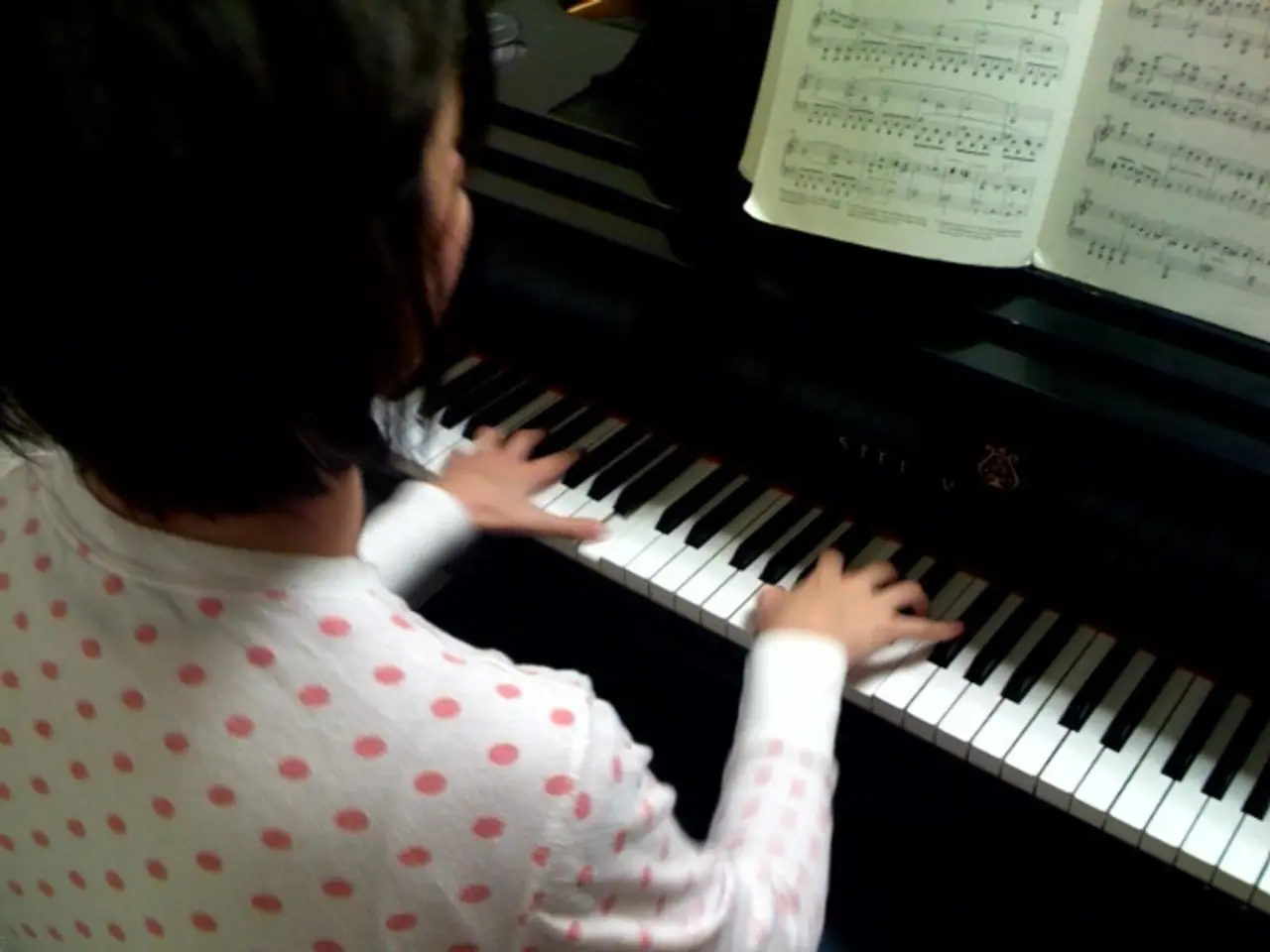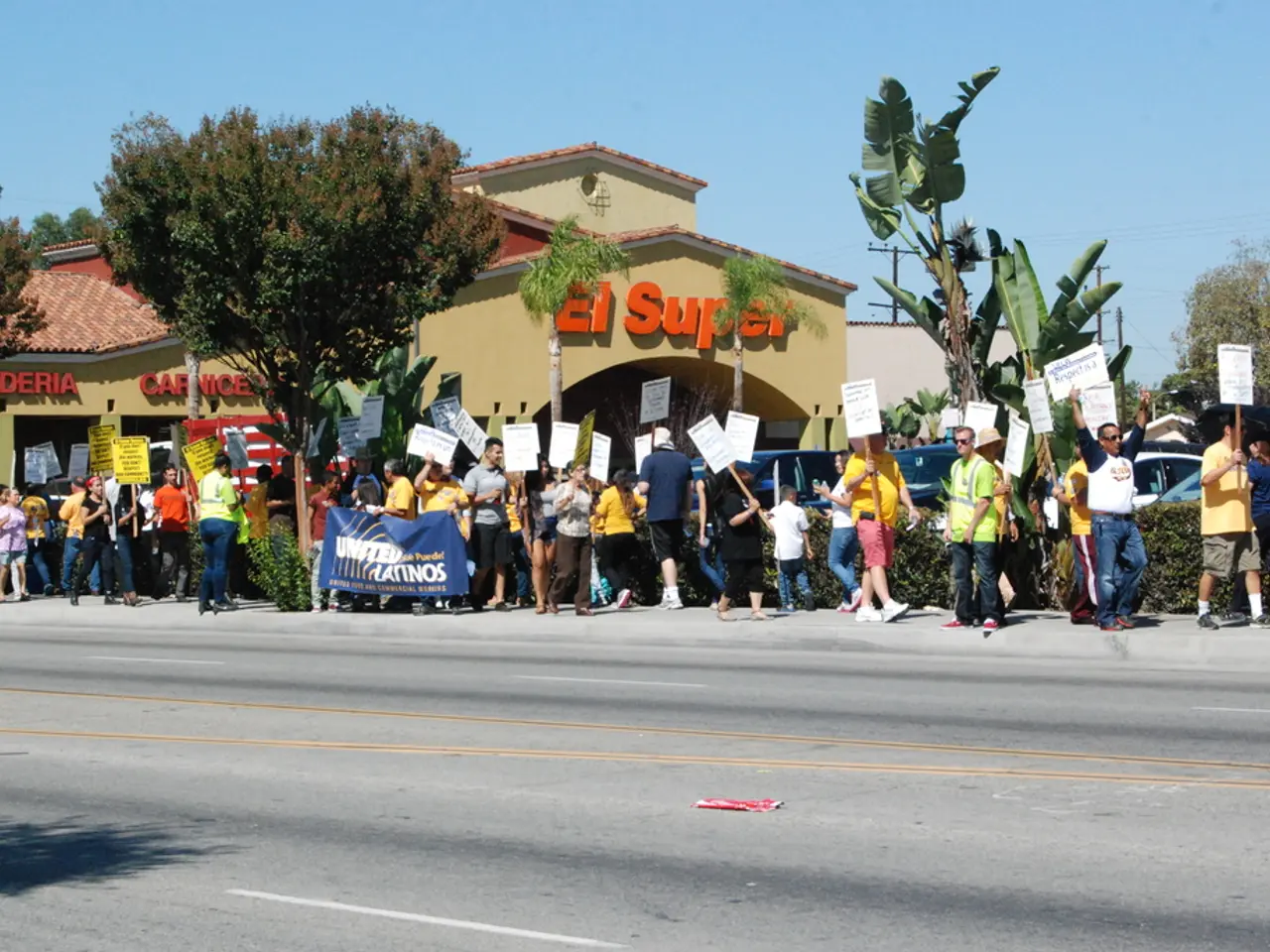Impact of Popular Culture Shaping Entertainment Sectors
============================================================
Pop culture, the collection of mainstream ideas and phenomena that encompasses music, fashion, film, television, sports, and technology, has profoundly shaped entertainment across multiple domains. This dynamic force continues to drive the evolution of the entertainment industry, shaping content, distribution, and audience engagement.
In the realm of film, pop culture trends have influenced Hollywood’s approach to genre, marketing, and audience demographics. By the late 20th century, American cinema's dominance expanded due to technological innovations and synergy with ancillary markets like home video, cable, and satellite TV, which significantly increased revenues alongside theatrical releases. Films increasingly targeted teenage and suburban audiences, shaping content to suit popular tastes, although this sometimes led to criticisms about the diminished quality of mainstream films. The rise of television initially threatened film studios, causing shifts in production strategies, including overseas filming and relaxing content restrictions, all influenced by changing popular media consumption.
In television, pop culture fueled new genres, especially reality TV, which transformed social norms and celebrity culture. Shows like Keeping Up with the Kardashians redefined reality television by blending personal lives with entertainment, impacting fashion, beauty standards, social media usage, and influencing modern influencer culture by popularizing personal branding and the selfie phenomenon. Cult TV series such as Star Trek and Buffy the Vampire Slayer cultivated devoted fandoms, blurring lines between lowbrow and highbrow culture, and fostering global interpretative communities supported by syndication, home video, and the internet.
In music, icons like Madonna exemplify pop culture’s vast impact on entertainment. She not only revolutionized music production and distribution, pioneering simultaneous multi-format releases and music video innovations, but also influenced stage show performances and popularized new electronic instruments and effects. Madonna’s work shaped the music video industry and concert culture, reflecting broader shifts in how music could be consumed and experienced within popular culture.
In fashion, pop culture figures and celebrities often set trends that rapidly permeate public style and commercial markets. Reality TV personalities and music stars have popularized fashion movements, making them influential tastemakers who merge entertainment with consumer culture, as seen with the Kardashian-Jenner family’s role in fashion and beauty industries.
In the realm of social media and internet entertainment, pop culture has accelerated the creation and spread of new forms of engagement. Reality TV stars and musicians leverage social media platforms to build massive followings and extend influence beyond traditional media. This has fundamentally changed marketing and audience interaction dynamics, fostering a digital culture where entertainment, personal identity, and commerce intersect. The internet also supports fan communities, meme culture, and user-generated content that expand pop culture’s reach and reinterpretation globally.
The global reach of pop culture has led to new opportunities for international collaborations among artists and creators. As pop culture continues to shape the entertainment industry, it influences storytelling, character development, and consumer preferences, ensuring its enduring impact on the future of entertainment.
In the realm of television, pop culture trends gave birth to new genres, particularly reality TV, which transformed social norms and celebrity culture by redefining reality television with personal lives blending with entertainment, impacting fashion, beauty standards, social media usage, and influencing modern influencer culture (pop culture, television).
In the realm of music, pop culture figures like Madonna have significantly affected entertainment's evolution, revolutionizing music production, distribution, stage performances, and concert culture, while also popularizing new electronic instruments and effects (Madonna, music, pop culture).
